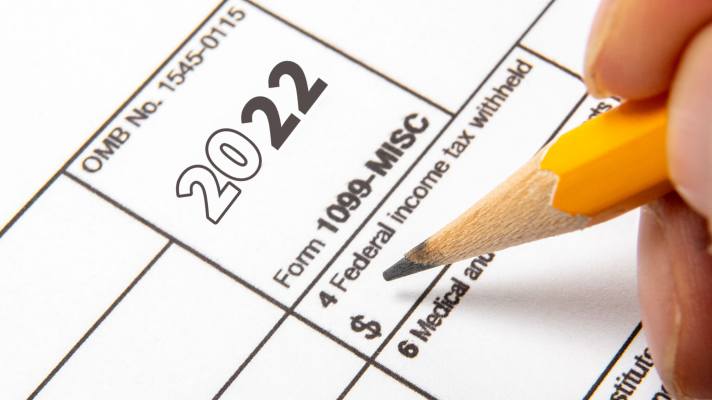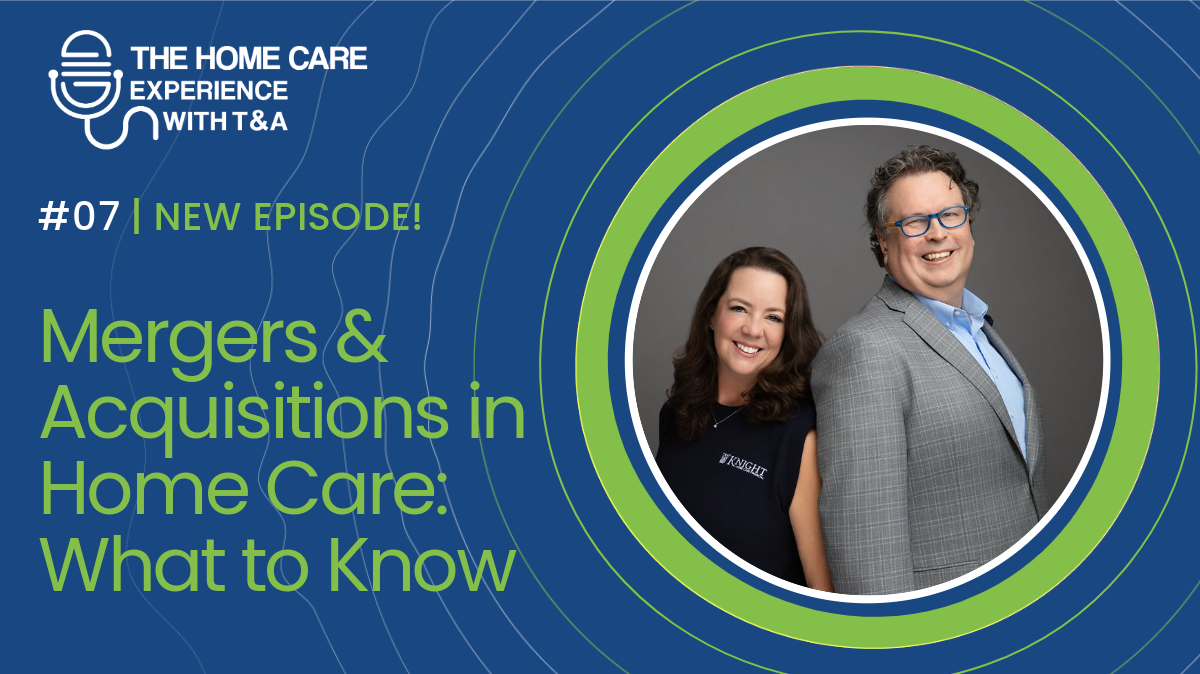The Importance of 1099s in the Healthcare & Hospice Industry
In the healthcare and hospice industry, it’s imperative to understand the significance of 1099s and their role in reporting income for independent contractors and other non-employee compensation. The 1099-MISC and 1099-NEC are forms your agency must file to report the money paid to contractors or miscellaneous companies to the IRS. Let’s discuss the importance of 1099s in the healthcare and hospice industry, what they are, when they’re due, and the penalties for not filing them on time.
1099-NEC
First, let’s talk about the 1099-NEC form. The 1099-NEC reports non-employee compensation, such as independent contractors. Many healthcare and hospice agencies use independent contracted employees, such as nurses, so it’s important to understand the significance of this form. The recipient copy of the 1099-NEC is due by January 31 of the following year, and the IRS copy, whether filed on paper or electronically, is also due by January 31 of the following year.
1099-MISC
Next, let’s look at the 1099-MISC form. The 1099-MISC is used to report miscellaneous income such as attorney fees or overhead costs. It’s important to note that if your business paid an individual or LLC at least $600 during the year in rent, legal settlements, or award winnings, for example, you are required to file a 1099-MISC.
The recipient copy of the 1099-MISC is due by January 31 of the following year. The IRS copy, if filed on paper, is due by February 28 and March 31 if filed electronically. Now, I know y’all might be thinking “But wait, what if I don’t file on time?” Well, let me tell you, the penalties for not filing on time can be quite the doozy.
Always Get a W-9 Form from Contractors
If you work with a lot of contracted employees, a good best practice to have in place is to ensure a filled-out W-9 is provided BEFORE you pay them for the first time. It is not uncommon for contractors to work for a business without providing a W-9 form, as they may want to avoid having their personal tax information reported to the IRS. If a contractor does not receive a 1099 form from the business, the income they earned will not be reported to the IRS and they will not have to pay taxes on it.
However, it is their responsibility as contracted employees to pay taxes on this income. To avoid this problem, it is important for businesses to obtain a W-9 form from contractors before paying them, as it may be difficult or impossible to obtain this information after the contractor has left the company.
Ensuring this will make it easier to file the 1099 forms at year-end. Filling out and providing copies of these reports requires time and due diligence to ensure accuracy. Trust me, it’s a lot easier to complete them in a timely manner when you acquire W-9 forms before you pay contractors for the first time rather than scrambling to track them down at year-end.
Late Penalties
The penalties for not filing 1099s on time can be quite steep. For late filing and not filling the 1099-MISC and 1099-NEC, the penalties are as follows:
- $50 per return if you correctly file within 30 days; maximum penalty $500,000 per year ($175,000 for small businesses),
- $100 per return if you correctly file more than 30 days after the due date, but by August 1; maximum penalty $1,500,000 per year ($500,000 for small businesses),
- $250 per return if you file after August 1 or you do not file required information returns; maximum penalty $3,000,000 per year ($1,000,000 for small businesses).
I know y’all are saying, “well, shoot. That’s a lot of work and a lot of money to be losing. Is there a way to avoid all this hassle?” Well, let me tell you, there is! At Knight Home Care Financial, we can help take care of all your 1099 needs, in fact, 1099 management services are included in every package we offer. We can handle all the paperwork and make sure everything is filed on time, saving you the headache and the potential penalties. Learn which package is right for you!





